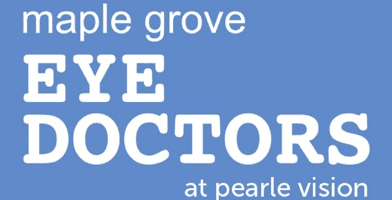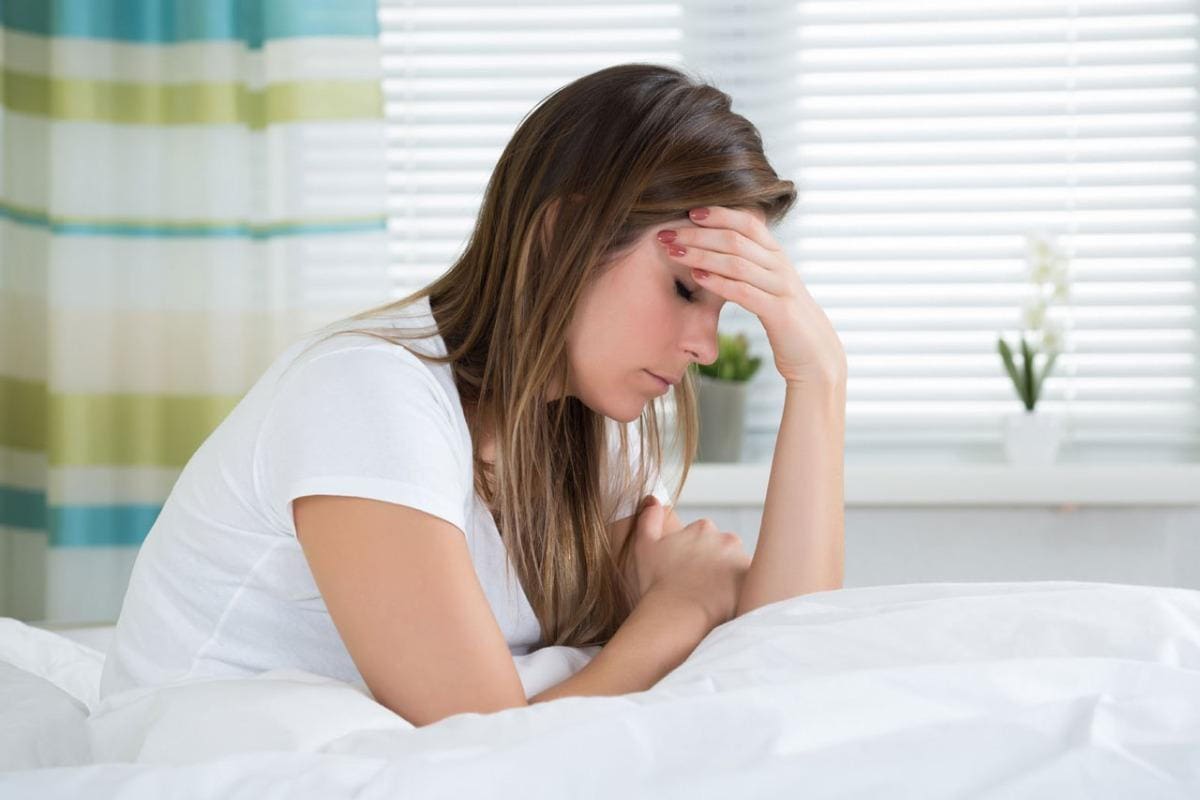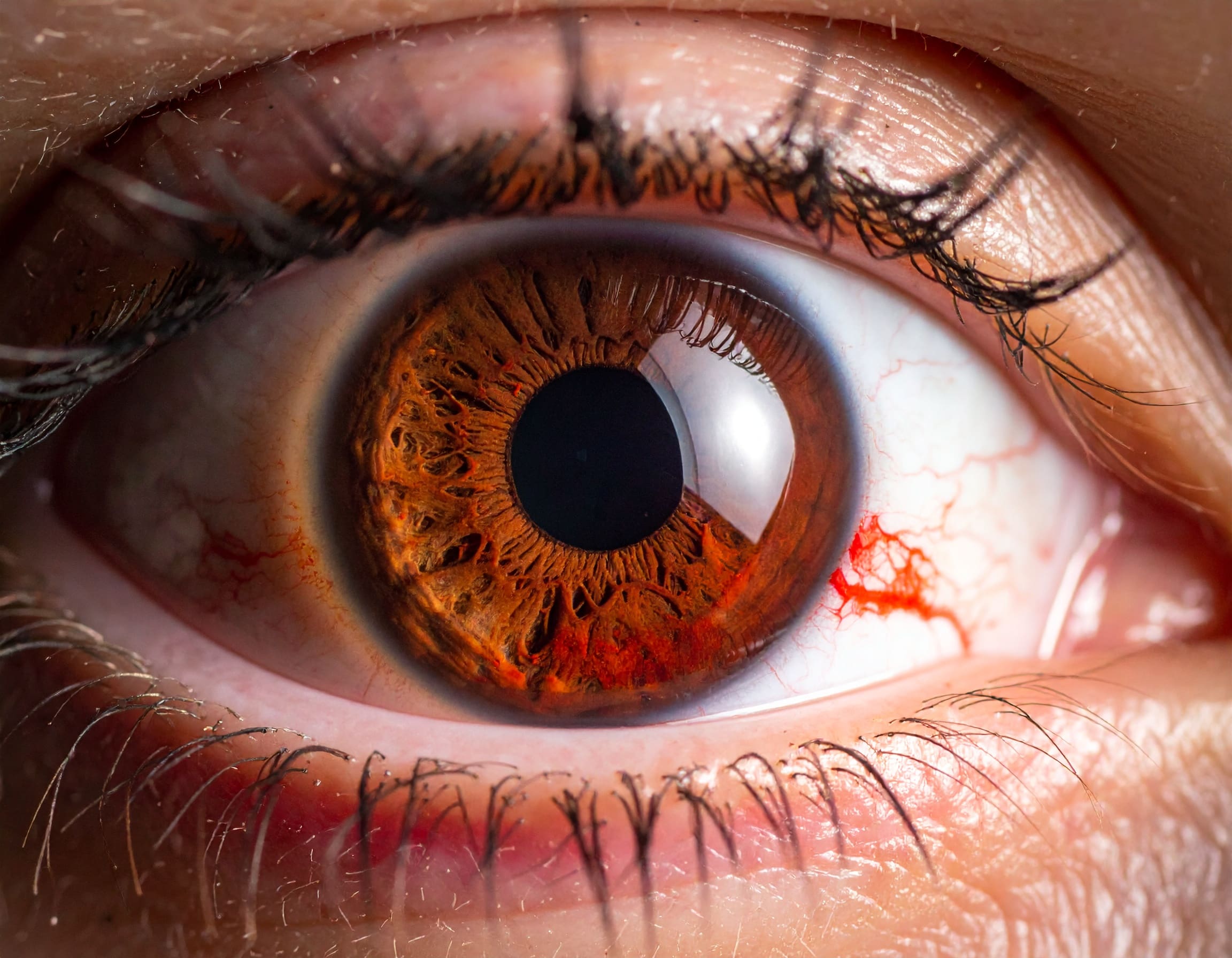The tell-tale signs of spring are before our eyes—and I’m not referring in this case to the flowers in bloom or buzzing bees, but to itchy, red, watery eyes brought on by springtime allergies. While the season’s beautiful blossoms and warmer temps are a welcome change, with eyes swollen with irritation, how can you enjoy the sights?
When our bodies are exposed to allergens (this time of year that allergen is usually pollen), our bodies overreact to this allergen exposure, sending a flood of immune system cells to fight it, bringing on these annoying eye allergies. It can make so many areas of daily life miserable, from work to watching TV. So what do you do to relieve your eye allergies?
First, here a few allergy treatment options that don’t work. While there are oral medications for general and multi-symptom allergies, these aren’t necessarily appropriate for eye allergies. In fact, they can actually sometimes make symptoms a little worse for eye allergies by drying out the eyes. Another no-no for eye allergies are non-prescription drops, because they can cause a rebound effect—when the drop wears off your eyes could become more red and irritated than when you started.
Now that you know to avoid rushing out to the pharmacy for those treatments, here are a few things you can do to prevent, treat, and get some relief from eye allergy symptoms this spring:
–Don’t rub your eyes: when you rub your eyes, more histamine is released by the immune cells that are present & fighting the allergen, which causes the reaction to be worse (and prolong it). Even though it feels good, it’s making it much worse. Keep your hands away!
–Apply a cold compress to alleviate swelling as needed: If you find yourself wanting to rub your eyes for relief, this is a good time to go fix a cold compress and apply to your eyes. Did I mention not to rub your eyes?
–Run your air conditioner: make sure it’s properly filtered and clean, and running your AC will definitely help alleviate symptoms.
–Use an air purifier to help remove pollens from the air: this may not be a total solution, but will definitely help.
–Avoid morning walks or outdoor activities during early morning hours when pollen count is higher. Wait until the mid day when the sun burns off pollen in the air. It’s a small preventative measure that can help keep your symptoms from being extreme.
–Use appropriate prescription eye drops prescribed by your Optometrist: with medication suited for eye allergies specifically, there will be no rebound effect.
–See your Optometrist (even if you don’t wear glasses or contacts!)




